BY HANS DUVEFELT
This weekend I read a piece in The New York Times that put a slightly different slant on what burnout, in the case of physician burnout, is or is caused by. We have heard theories from being asked to do the wrong thing, like data entry, to “moral injury” to my favorite, “burnout skills“, when you keep trying to do the impossible because people praise you when you pull it off.
Tish Harrison Warren’s piece is a dialog between her and psychiatrist/author Curt Thompson. He focuses on isolation as a driver of burnout:
Assume that if you’re burned out, your brain needs the help of another brain. Your brain is not going to be OK until or unless you have the experience and opportunity of being in the presence of someone else who can begin to ask you the kind of questions that will allow you to name the things that you’re experiencing.
The moment that you start to tell your story vulnerably to someone else, and that person meets you with empathy — without trying to fix your loneliness, without trying to fix your shame — your entire body will begin to change. Not all at once. But you feel distinctly different.
I’m not as lonely in that moment because you are with me. And I sense you sensing me. That’s a neural reality.
I have written about burnout many times. The NYT article made me remember that I once also wrote about missing the doctors lounge and how I once tried to start a slack group among my colleagues. It never really took off but I think the point about isolation feeding burnout is very valid. Back when there were doctors lounges, we would talk with colleagues. Even in the office when I started out we scribbled our chart notes very quickly and then we would have time and space to discuss our cases or other things with our colleagues. Now we are tied to the computers, feeding the big machine that controls each of our lives.
As often before, my thoughts go to a James Taylor song, one about working in isolation to feed a big machine – Millworker:
Then it’s me and my machine
For the rest of the morning
For the rest of the afternoon
And the rest of my life
And, later:
And I have been the fool
To let this manufacturer
Use my body for a tool
But, when all is said and done, I am not burned out, as I say in one of my videos. I work at looking beyond my obstacles and I focus on my patient encounters and my curiosity.’
But I wish I wasn’t as isolated as I am, in part simply due to the pandemic. I mean, even medical staff meetings are virtual these days. Like Hollywood Squares…

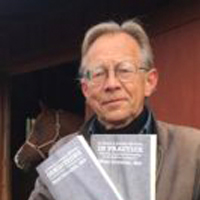
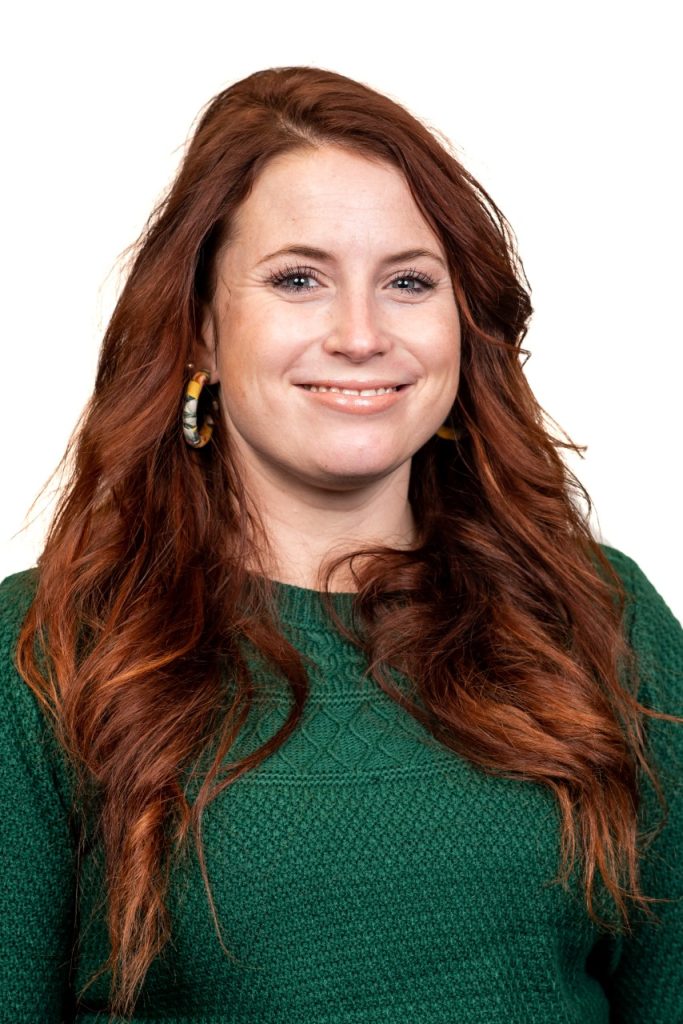
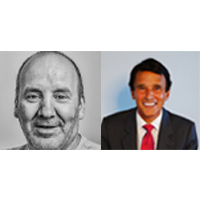
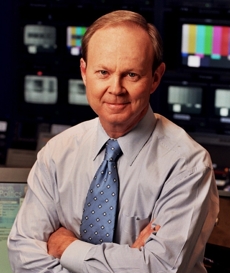
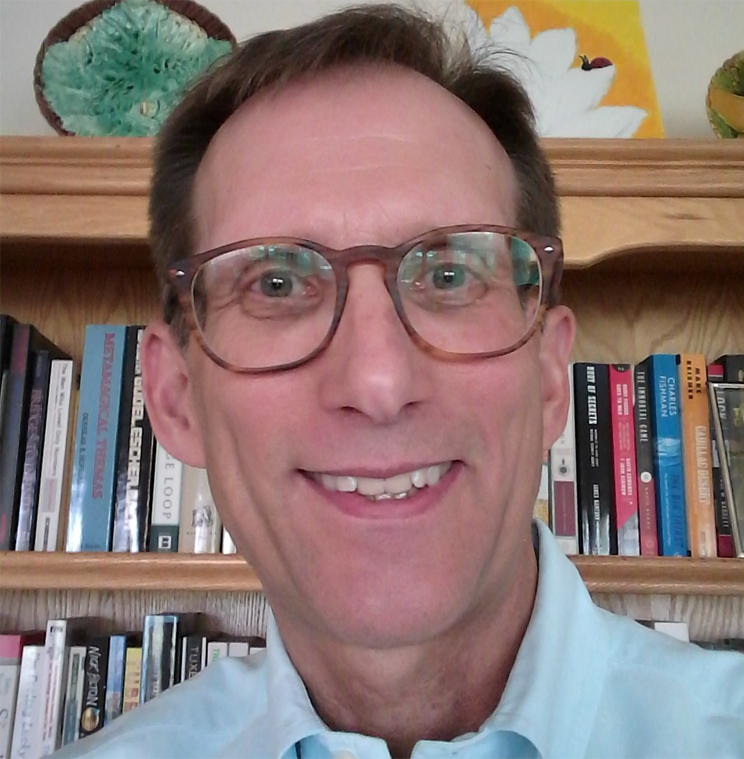
Leave A Comment